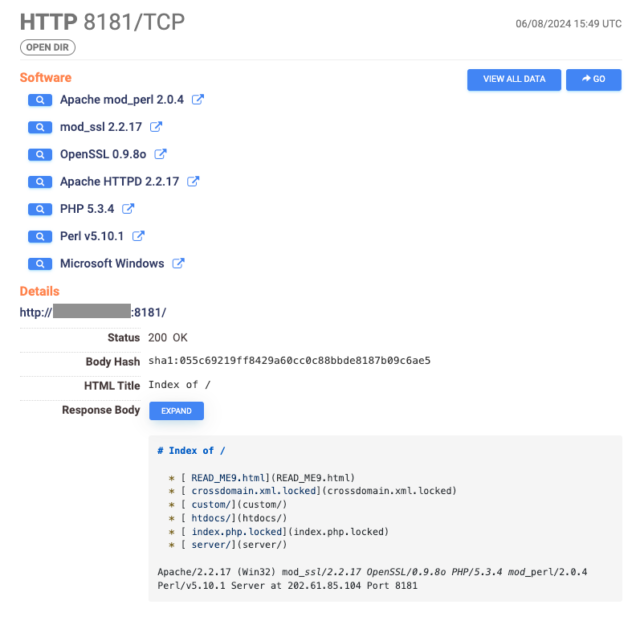-
 chevron_right
chevron_right
Massive China-state IoT botnet went undetected for four years—until now
news.movim.eu / ArsTechnica • 18 September, 2024 • 1 minute

Enlarge (credit: Getty Images)
The FBI has dismantled a massive network of compromised devices that Chinese state-sponsored hackers have used for four years to mount attacks on government agencies, telecoms, defense contractors, and other targets in the US and Taiwan.
The botnet was made up primarily of small office and home office routers, surveillance cameras, network-attached storage, and other Internet-connected devices located all over the world. Over the past four years, US officials said, 260,000 such devices have cycled through the sophisticated network, which is organized in three tiers that allow the botnet to operate with efficiency and precision. At its peak in June 2023, Raptor Train, as the botnet is named, consisted of more than 60,000 commandeered devices, according to researchers from Black Lotus Labs, making it the largest China state botnet discovered to date.
Burning down the house
Raptor Train is the second China state-operated botnet US authorities have taken down this year. In January, law enforcement officials covertly issued commands to disinfect Internet of Things devices that hackers backed by the Chinese government had taken over without the device owners’ knowledge. The Chinese hackers, part of a group tracked as Volt Typhoon, used the botnet for more than a year as a platform to deliver exploits that burrowed deep into the networks of targets of interest. Because the attacks appear to originate from IP addresses with good reputations, they are subjected to less scrutiny from network security defenses, making the bots an ideal delivery proxy. Russia-state hackers have also been caught assembling large IoT botnets for the same purposes .












